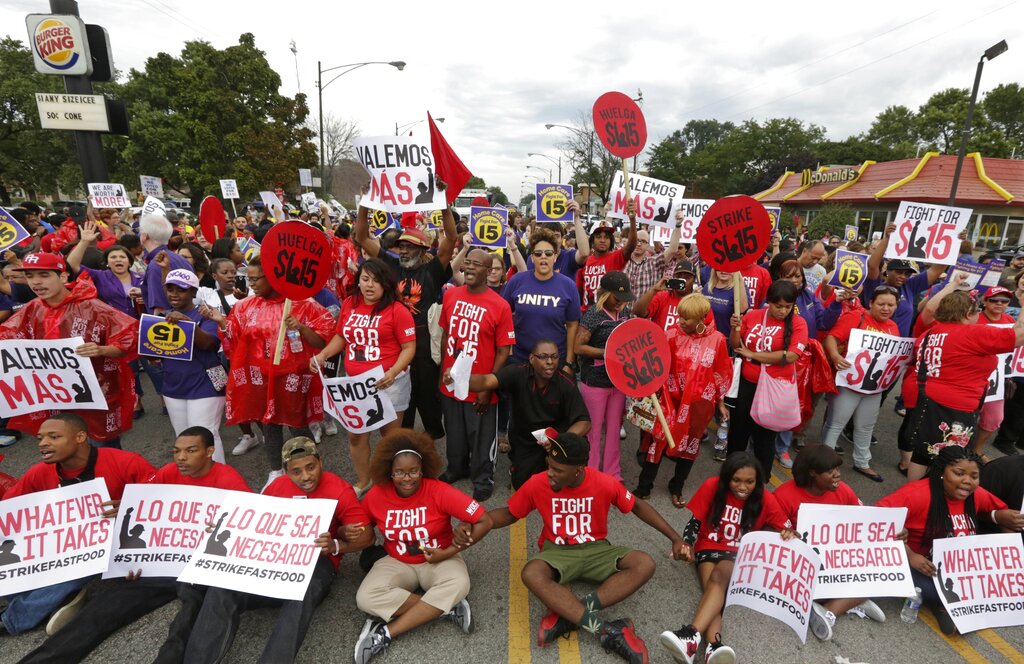The other day, a student asked me whether, in interviewing a union official for a story, it was OK to tell the official that the student had been a union organizer a few years before entering journalism school.
She wanted to do this to make a connection with the source and encourage the source to speak candidly to her. She wasn’t planning on sharing this personal background with the management representative whom she also would be interviewing.
Would this be ethical, the student asked?
I confess I didn’t have a ready answer.
On the one hand, journalists routinely signal sources one way or another that the reporter can be trusted – that the journalist and source are, in some way, alike. A reporter’s mere physical appearance can hint at an affinity – whether of gender, race, social class, or style. Noting that one comes from the same state, went to the same school, grew up under similar circumstances, likes the same music, or roots for the same team are other ways to raise a source’s comfort level. When covering court cases, I generally made sure my lawyer sources knew I had a law degree, too. We take these methods of smoothing the waters for granted and don’t really question their appropriateness. These are just ways people connect. Plus, when you describe a shared knowledge base – I know about law, I know about unions – you’re legitimately reassuring the source of your competence.
But the slope is slippery. You’re interviewing a Democratic candidate and mention that you worked for Biden before you joined your current news organization. You wear a red hat or a long red tie to an interview with a Trump supporter. You tell a vaccine resistor that you’re a parent too so you understand concerns about new vaccines, even though you vaccinated your own kids as soon as the Covid shot was approved. Or, as with my student, you consider saying that you were a union organizer. Are these the same as “how about those Dodgers” or are they ethically more troublesome?
I think it comes down mostly to whether, in sharing information about yourself, you are signaling that you will favor the source’s viewpoint because of your affinity, or that you will be accurate and fair. Past union activity may show that you understand the issues better than another reporter, or alternatively, it may indicate – along with any smiles and nods of affirmation during the interview – that you will support the union side in your reporting. It’s a subtle distinction and certainly leaves room for misunderstanding.
Ethics and long-term effectiveness generally go hand-in-hand: If you lead a source to expect favorable treatment and your coverage turns out to be less positive than the source had reason to believe, you’re likely to lose the source for future stories. Do this enough and you’ll have no sources. Sharing the existence of real affinities may build superficial rapport in the moment, but, over time, the best way to generate actual trust is to produce fair and accurate stories.
The lesson, I think, is this: Avoid promising, even implicitly, that you’re on the source’s side – and if that’s what you’re really doing when you volunteer a particular affinity, don’t.
****
Point after: A threshold question, of course, is whether a former union organizer should report on union issues in the first place. The answer, I think, will depend on how long ago – and for how long – the reporter had worked on behalf of unions, whether the role was as an intern or as an employee, and how much responsibility the person held. If the reporter was publicly associated with the past advocacy work, they should probably wait a year or more before covering the same topic. Even then, disclosure of the past work in an author bio would usually be helpful.


